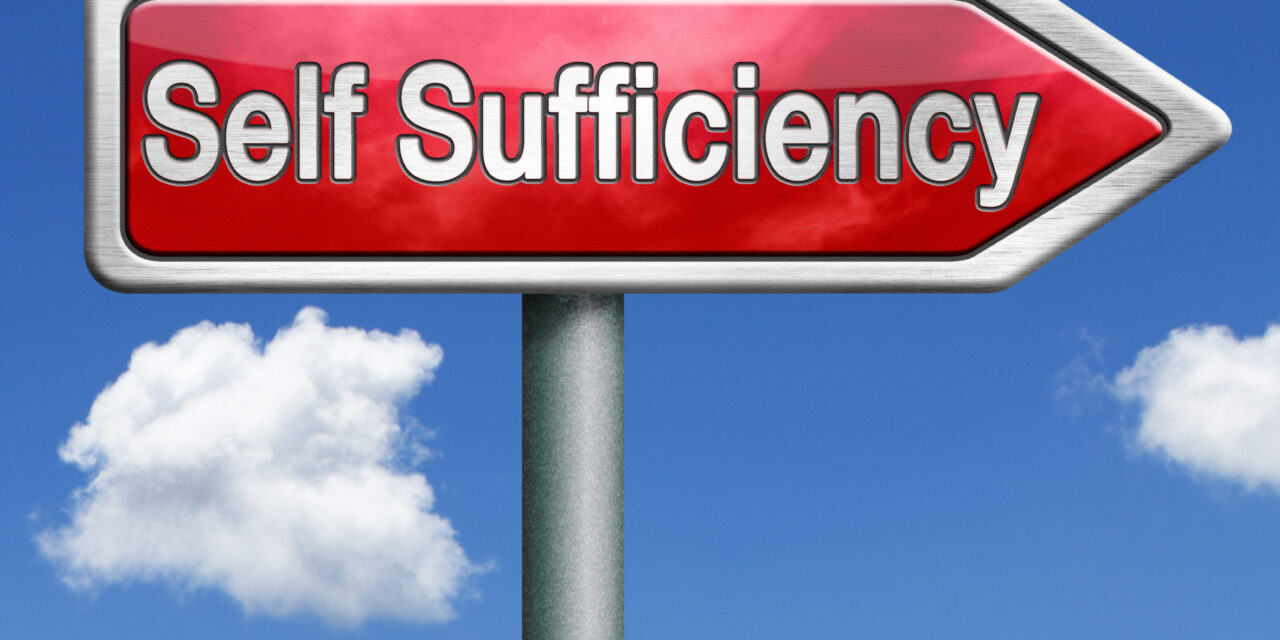The Dangers of Self-Sufficiency
By Dan Qurollo
Burke County
Our culture in America is an extremely materialistic culture. We are constantly seeking out things that are new, better, and faster. The advancements of technology have undoubtedly improved efficiency, though I am admittedly not sure that we are better overall. The materialistic mindset of our culture has crept into our churches today, creating the mindset that God’s blessing can be measured exclusively by material possessions. This unbiblical concept of God’s blessing fails to consider the immaterial blessings that far exceed the material and also creates an improper standard by which things are measured. To be clear, God also does bless in tangible ways, though not exclusively.
Shortly before Israel was to enter the Promised Land under the leadership of Joshua, Moses gave them his final words before dying. These words are recorded for us in Deuteronomy where Moses repeatedly urged them to obey God and keep Him first.
It is in Deuteronomy 6:10-16 (paralleled in 8:10-20) that we find a warning given to the children of Israel. Moses knew that the land God promised them was a land of abundance. Moses knew that God would grant them a victory, for He had promised to do so. This passage indicates that they would enter a land in which they could dwell immediately. Houses will have already been built, cities will have already been developed, and fields and vineyards will have already been planted. Entering such abundance, Moses cautioned them, “Then beware lest thou forget the LORD, which brought thee forth out of the land of Egypt, from the house of bondage” (Deuteronomy 6:12). Moses recognized a danger we all face with God’s blessing: the danger of self-sufficiency.
Moses recognized that the abundance of God’s blessing could actually produce a sense of self-sufficiency by causing them to no longer be conscious of God, His deliverance, or even His blessing. When we become self-sufficient, we are no longer God-conscious. Our focus shifts from rejoicing in the person and work of God to finding ourselves complacent and secure in the things He has given us. It takes a determined effort to remain conscious of God at all times.
Deuteronomy 8:17 adds another danger of self-sufficiency by stating, “And thou say in thine heart, My power and the might of mine hand hath gotten me this wealth.” This is a natural result of not being God-conscious and fails to give God the praise for provision. Such a mindset regards provision as nothing short of hard work and saving; it tragically fails to consider God as the true source from whom all our blessings flow.
We are living in an extremely affluent culture, though times are indeed difficult. We must not allow our prosperity to cause us to become self-sufficient and thereby lose a mindset of God-consciousness. We dare not conclude that we are responsible for what we have, for God can take it away suddenly. Avoid the dangers of self-sufficiency.
_________________________________________
Dan Qurollo is the pastor of Morganton Baptist Church. You can visit them online at www.morgantonbaptist.net, on Facebook, or on Youtube.
Read more Christian News Here.
_________________________________________






